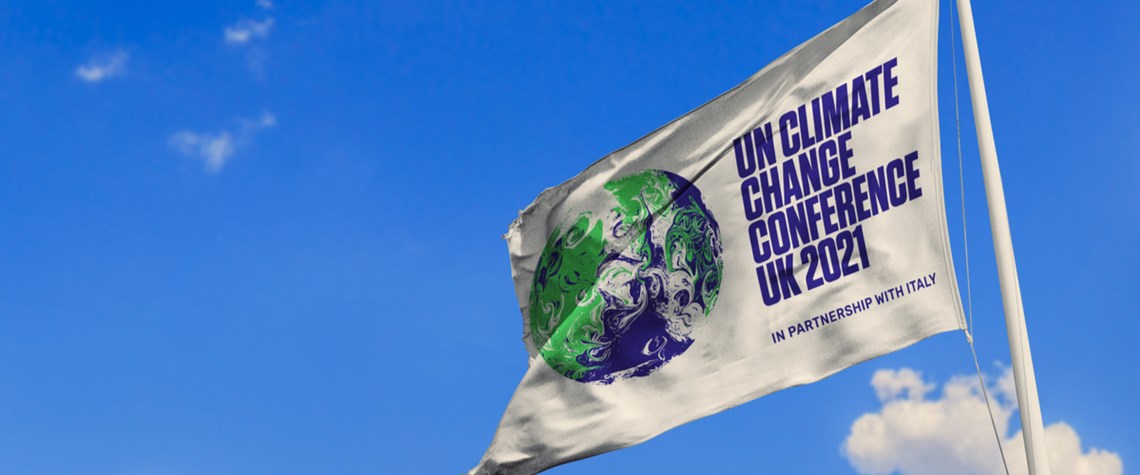PE Live: Paris climate contributions are standardising
Second round of NDCs sees greater similarity in formats, with many adopting net-zero targets
Countries’ contributions towards the Paris Agreement have become more standardised since first being proposed, making them easier to evaluate, according to panellists on a PE live debate titled Everything the World Needs to Achieve at Cop26. The Paris Agreement—reached in 2015—is a legally binding agreement to limit global warming to below 2°C this century. But although the overall agreement is binding, national contributions to it are voluntary, with the idea that each country would contribute what it could and that these contributions would then be ‘ratcheted’ over time to increase ambition to the required levels. This resulted in the so called ‘nationally determined contributions’ (NDCs)

Also in this section
9 January 2026
A shift in perspective is needed on the carbon challenge, the success of which will determine the speed and extent of emissions cuts and how industries adapt to the new environment
2 January 2026
This year may be a defining one for carbon capture, utilisation and storage in the US, despite the institutional uncertainty
23 December 2025
Legislative reform in Germany sets the stage for commercial carbon capture and transport at a national level, while the UK has already seen financial close on major CCS clusters
15 December 2025
Net zero is not the problem for the UK’s power system. The real issue is with an outdated market design in desperate need of modernisation







